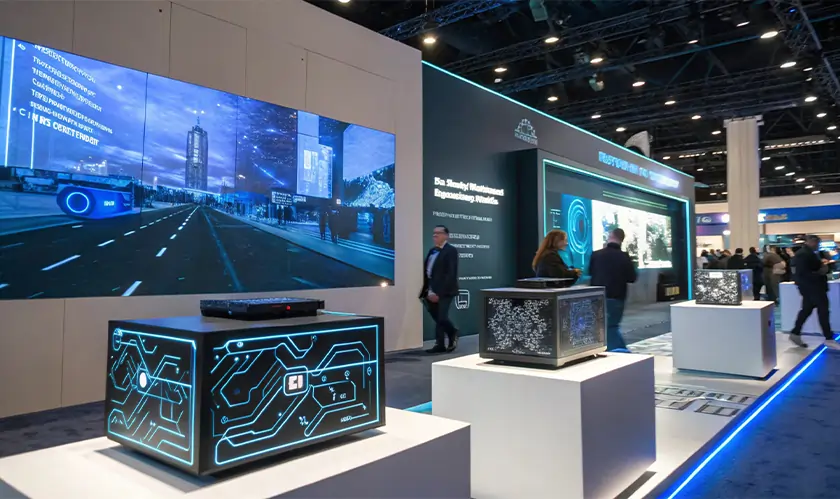Home Services & Solutions Smart infrastructure Tech Partnerships Drive Smart ...
Smart Infrastructure

CIO Bulletin
02 April, 2025
The United States advances city infrastructure by uniting with tech-based organizations for improvements in sustainability and efficiency and public services delivery through AI analytics and 5G network and automation methods.
Modern infrastructure technology belongs to a new era of urban development in the United States because cities employ advanced technology to build more efficient and sustainable public services. Municipalities join forces with private companies and research institutions to create new opportunities for transforming their operations.
The Colorado Smart Cities Alliance welcomed L&T Technology Services (LTTS) as a new partner which enables the organization to deploy superior engineering solutions throughout energy systems and transportation networks and public safety sectors. Scalable smart city models now find their foundation in Colorado due to this strategic initiative. Peachtree Corners in Georgia has established a partnership with the North Texas Innovation Alliance for constructing a multiregional testing ground which combines autonomous mobility solutions and 5G connectivity and connected energy technologies.
Most expansion of smart infrastructure depends on public-private partnerships known as PPPs. Through public-private partnerships Louisville in Kentucky implements smart streetlights and presents air quality tracking as well as traffic management systems. The 2024 smart city report published by Deloitte reveals that municipalities choose to use impact fees along with return-on-investment approaches to generate funding for their smart city initiatives.
Several American cities including Seattle and San Francisco alongside Austin lead the way by implementing smart infrastructure which includes artificial intelligence-based municipal operations and electric vehicle facilities and auto-changing streetlight systems. Such initiatives prove that technology-based urban planning has become increasingly important in modern urban development.
The speed of urban expansion requires cities to implement smart infrastructure because it has become fundamental for their success. Citywide cooperation and innovative approaches established public standards that define modern efficient and sustainable metropolitan operations.

Insurance and capital markets







